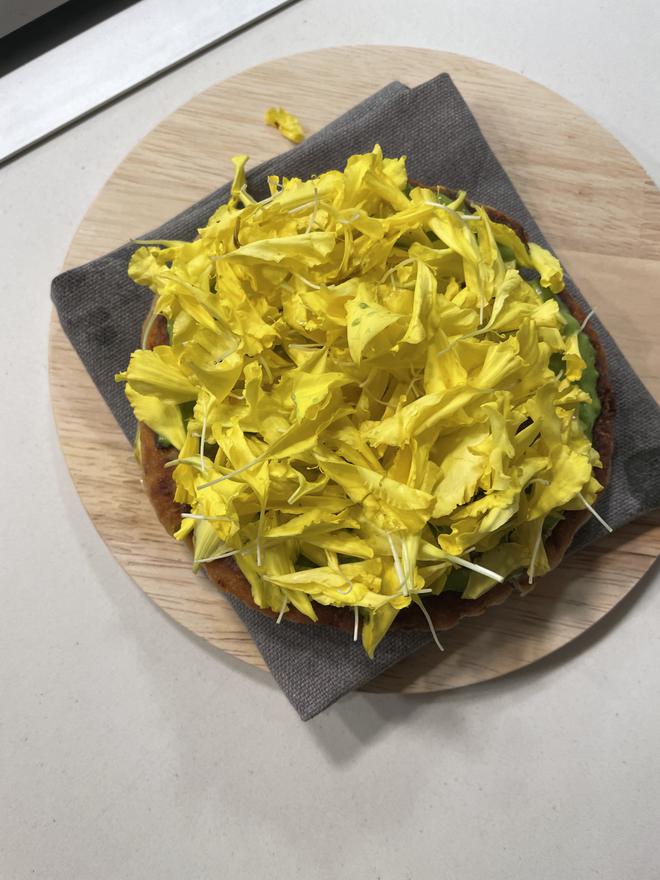
Tempura young pepper leaf, raw peanut milk confit, peppercorn caramel — terms such as zero-waste cooking and repurposing ingredients remain mere words until you sit down to a meal that lives up to these concepts in its entirety.
At a recent dinner hosted at Araku Cafe, Bengaluru, Chef Matt Orlando teamed up with Chef Rahul Sharma and presented an entire four-course meal with produce they gathered from the Araku Valley in Andhra Pradesh.
Born in San Diego, California, Matt Orlando is known for Amass, his restaurant in Denmark where the dish of the day is sourced from the kitchen garden. He credits his openness to experiment with his unconventional upbringing. “My parents inculcated a broad outlook in me — do whatever you can to live a more responsible life, do things that gratify you.”
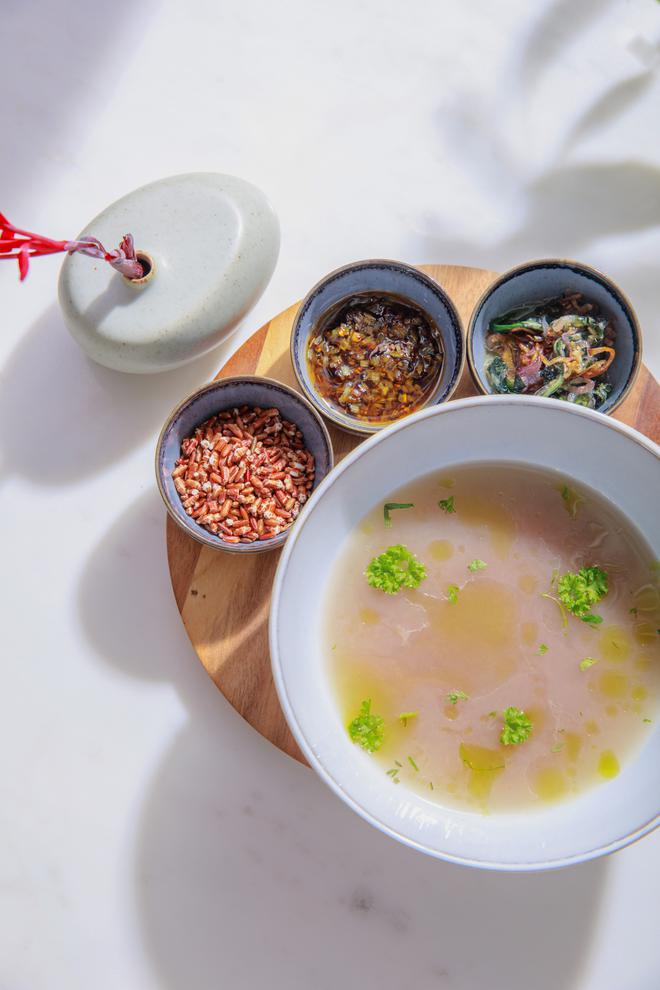
Matt who began cooking when he was 14, says he was cooking at seafood and steak houses, all through high school. His stint at a restaurant called Fairbanks gave him a glimpse of the fine dining experience. “That was where I learned to respect food and see how it is integrated into our lives on an everyday basis; its how we connect with people.”
He moved out of San Diego to New York and from there to the United Kingdom and Europe, before settling in Denmark in 2005 where he worked at Noma, a three-Michelin-star restaurant run by Chef René Redzepi. He eventually opened Amass there in 2013.
“We began as a regular restaurant and since I didn’t want to serve what everyone else was, we were anti-Nordic in terms of cuisine. Also, we were sourcing our vegetables from France and Italy. When we had our first winter closure, I was able to take a step back from the restaurant and look at it as a whole.”
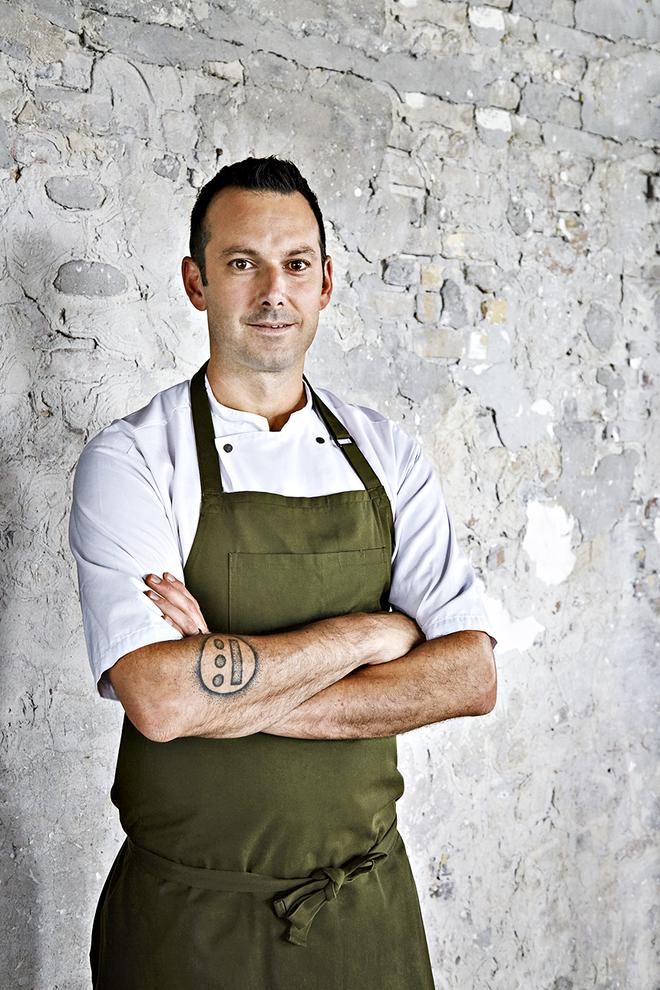
“A friend asked me, ‘What’s next?’ and I said I’d continue to cook good food and make people happy. But the word ‘responsibility’ popped into my head at that moment and I didn’t really know how to interpret that in the context of a restaurant. I had never worked in a restaurant where that word was used.”
Trial and error
Even if he didn’t know how to go about it, Matt and his team, got into it in earnest. “We didn’t have consultants telling us how to do things. We just figured things out organically. We always ask — is this the most responsible decision I can make in regard to this situation?”
Over the years, Amass has earned a name for itself as being an example of sustainable dining. “The average high end restaurant produces about 21 kilograms of CO 2 per guest over the course of a year and we produce 11.4! The average food cost of a high end restaurant is about 30%, Amass has scaled it down to 17-19%.”
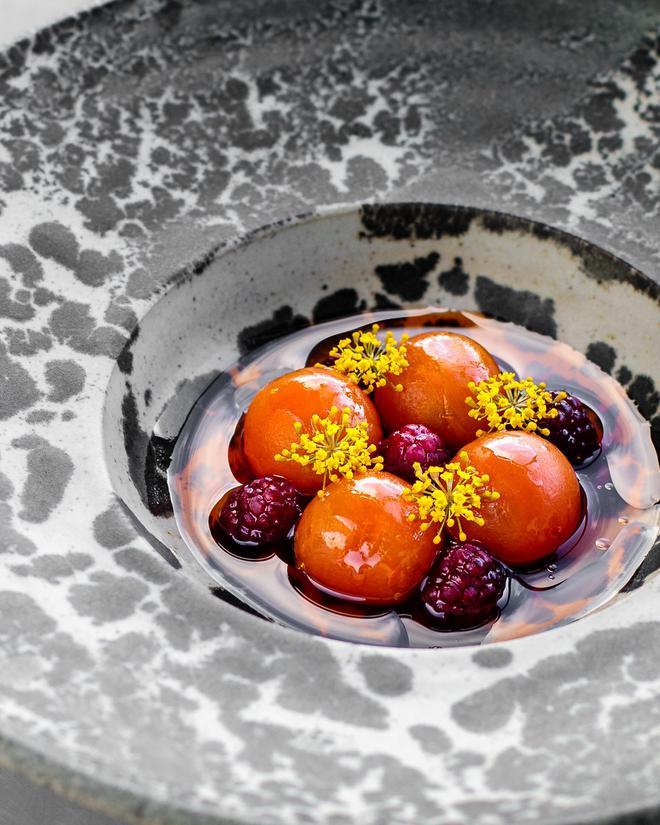
Matt says in Denmark where all the trash is burned, they reduced their trash by 85% since they have opened, adding that there is a financial case to be made for an eco-friendly approach (see infobox). “A big part of this process is how we cook — being aware of the potential of ingredients such as the stems of kale, the skins of citrus and pumpkins. We’ve figured out how to use cooking techniques such as blackening (coating of food in a spice blend that gives it an almost black colour when cooked), fermenting, pickling and drawing to preserve them and use them as actual ingredients.”
Life mantra
Often asked to define sustainability in a nutshell, Matt says it all boils down to one word — awareness. “You should be aware of everything around you and its potential; become aware of the impact you have as an individual and how you affect the planet. Hopefully, you have a moral compass that allows you to make the right decisions.”
Matt understands everyone does not have the information they need to make the right choice and so, spreading awareness has become a part of Amass’ culture. “It sounds clichéd, but if we all do our bit as individuals, there’s a ripple effect that will most likely benefit the next two generations, even if we don’t see it in our lifetime.”
To Araku and back
“This is my third trip to India, but my first to Araku. Honestly, I felt confused because when you go to a place like that, you can see large scale agriculture can exist in a sustainable manner. It is a way of living that can be scaled, but you get frustrated because there are so many forces out of your control in a society focused on money and power.”
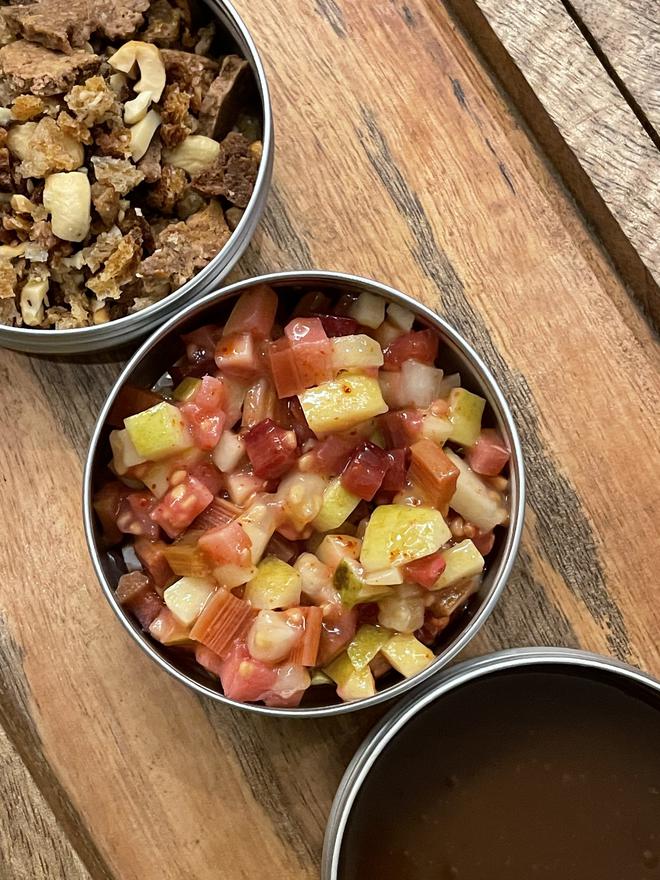
“Its beauty makes you feel reborn; you want to re-evaluate your approach on living a responsible life. Such places make me question my existence and what I’m doing on a daily basis. It was one of those transcending trips.”
Matt says he was amazed by the many herbs, millets and rices, white beans, squashes and zucchinis found in the Valley. He and his team brought back four big boxes of produce they needed for the dinner in Bengaluru. Their menu included crispy spiced anchovy, sourdough bread chips, marigold ragi, marinated guava and rhubarb among others paired with organic wines.
Birds of a feather
Talking about his friendship with Chef Rahul Sharma whom he met in 2017, Matt says it began with just keeping in touch. “It was a quick text every month or so, just to see how the other was doing. It’s exciting to see him blossom into his own ideas.”
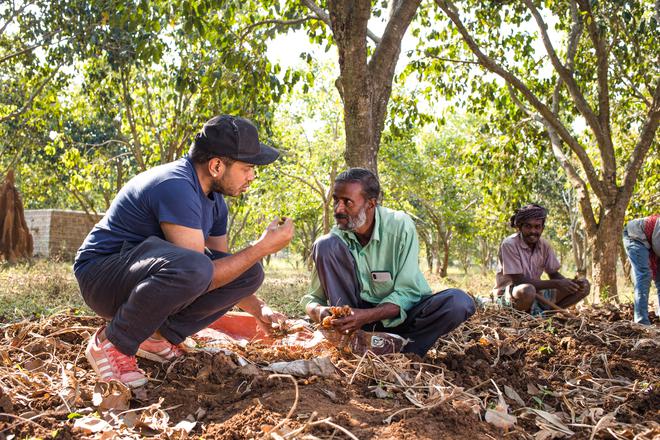
Following their trip to Araku Valley, Matt says the two of them talked into the night. “We were talking about our lives and decisions, our process. Impact is a part of our core value. I am proud of him; he represents the Valley every time he cooks for the general public. That has a far broader impact than just opening a fine dining restaurant and cooking for a bunch of rich people.”







